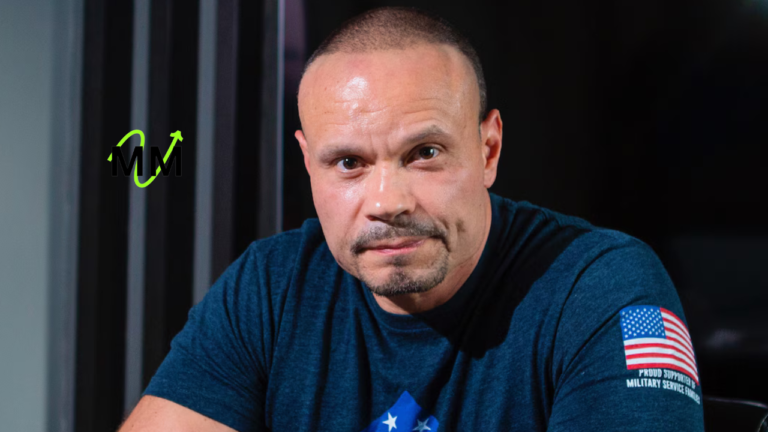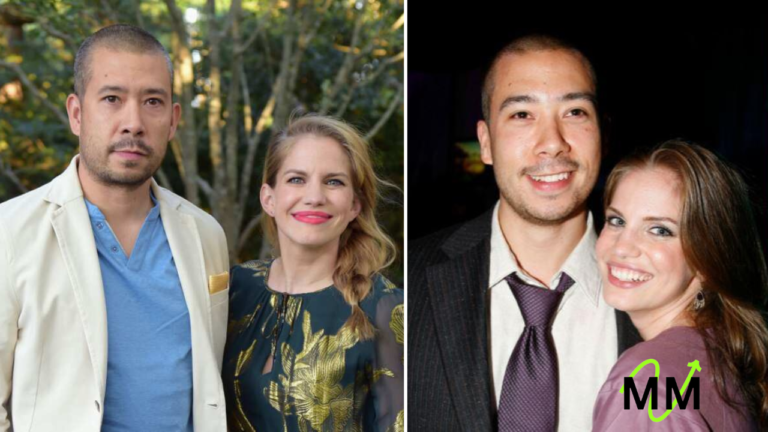Love What You Have, Before Life Teaches You to Lov – Tymoff

The Essence of Appreciating What You Have
In today’s fast-paced world, getting caught up in pursuing more success, possessions, and recognition is easy. However, the quote “Love What You Have, Before Life Teaches You to Lov – Tymoff” is a poignant reminder of the importance of appreciating the present. This simple yet profound statement underscores the value of gratitude and mindfulness in our daily lives. Instead of constantly seeking external validation and accumulating material wealth, we are encouraged to cherish what we already possess: relationships, health, or personal achievements. This mindset shift can lead to a more fulfilling and content life, reducing stress and increasing happiness.
Appreciation is often overlooked in our quest for improvement and perfection. Society tends to glorify those who continually strive for more, sometimes at the expense of their current well-being. The wisdom in Tymoff’s quote highlights that true contentment comes not from external sources but from within. When we learn to love what we have, we can experience genuine joy and satisfaction. This perspective is crucial because life teaches us harsh lessons when we take our blessings for granted. By practicing gratitude and embracing the present, we can avoid unnecessary hardships and foster a more profound sense of peace and contentment.
The Role of Gratitude in Personal Happiness
Gratitude is more than just a fleeting feeling; it is a powerful tool that can transform our lives. Numerous studies have shown that people who regularly practice gratitude experience lower levels of stress, anxiety, and depression. They also tend to have more robust immune systems, better sleep, and healthier relationships. By focusing on what we have rather than what we lack, we can shift our mindset from one of scarcity to one of abundance. This positive outlook can improve our well-being and help us navigate life’s challenges with resilience and grace.
Incorporating gratitude into our daily routine doesn’t have to be complicated. Simple practices such as keeping a gratitude journal, expressing thanks to loved ones, or taking a moment each day to reflect on our blessings can have a profound impact. These small acts of appreciation can help us cultivate a habit of gratitude, making it easier to love what we have. Over time, this practice can lead to lasting changes in our perspective and behavior, fostering a more profound sense of contentment and happiness. By prioritizing gratitude, we can create a more positive and fulfilling life for ourselves and those around us.
The Consequences of Neglecting What We Have
Failing to appreciate what we have can lead to various negative consequences. We can become trapped in a cycle of dissatisfaction and longing when we constantly focus on what we don’t have. This mindset can lead to chronic stress, anxiety, and even depression. Additionally, neglecting our current blessings can strain relationships, as we may take loved ones for granted or fail to nurture essential connections. Over time, this can lead to feelings of isolation and loneliness, further exacerbating our sense of unhappiness.
Moreover, when we overlook what we have, we may miss opportunities for growth and fulfillment. We can lose sight of what truly matters by constantly seeking external validation and material possessions. This can lead to a sense of emptiness and regret as we realize that our pursuits have not brought us the desired happiness. Tymoff’s quote reminds us that true contentment comes from within and that we must learn to appreciate our current blessings before life teaches us this lesson the hard way. Recognizing and valuing what we have can avoid these negative consequences and lead a more balanced and fulfilling life.
Read More
Cultivating Mindfulness and Presence
Mindfulness is the practice of being fully present in the moment without judgment. It involves paying attention to our thoughts, feelings, and surroundings and accepting them. This practice can help us develop a deeper appreciation for what we have, as it encourages us to focus on the present rather than dwelling on the past or worrying about the future. By cultivating mindfulness, we can become more aware of our blessings and learn to love what we have.
There are many ways to incorporate mindfulness into our daily lives. Meditation, deep breathing exercises, and mindful walking are all effective techniques for developing this practice. Additionally, taking time to savor everyday experiences, such as enjoying a meal or spending time in nature, can help us cultivate a sense of presence and appreciation. By making mindfulness a regular part of our routine, we can enhance our ability to love what we have and experience greater contentment and peace.
The Impact of Social Media and Comparison
In the age of social media, it is easy to fall into the trap of comparison. We are constantly bombarded with images and stories of others’ successes and seemingly perfect lives. This can lead to feelings of inadequacy and dissatisfaction as we compare our lives to the curated versions we see online. Tymoff’s quote reminds us that we must focus on our blessings and avoid comparison pitfalls. By loving what we have, we can break free from envy and appreciate our unique journey.
Limiting our exposure to social media and practicing digital detoxes can help mitigate the adverse effects of comparison. Additionally, focusing on our achievements and progress, rather than comparing ourselves to others, can foster a sense of self-worth and confidence. By recognizing that everyone has their struggles and challenges, we can develop empathy and understanding, further enhancing our ability to love what we have. Embracing our path and appreciating our unique experiences can lead to greater fulfillment and happiness.
Practical Steps to Embrace Tymoff’s Wisdom
Embracing the wisdom of “Love what you have, before life teaches you to love – Tymoff” involves practical steps that we can integrate into our daily lives. Firstly, developing a gratitude practice is essential. This can be as simple as writing down three things you are grateful for daily or expressing appreciation to someone in your life. Regularly reflecting on your blessings can help reinforce a positive mindset and cultivate a sense of contentment.
Secondly, focusing on the present moment is crucial. Mindfulness techniques like meditation and deep breathing can help you stay grounded and fully experience the here and now. This practice can enhance your awareness of your current blessings and foster a deeper appreciation for what you have. Additionally, limiting exposure to social media and reducing comparison can help you maintain a positive outlook and focus on your unique journey.
Lastly, nurturing relationships and connections is vital. Taking time to appreciate and nurture your relationships with loved ones can strengthen bonds and enhance your fulfillment. Expressing gratitude and showing appreciation for the people in your life can create a supportive and loving environment, further reinforcing the importance of loving what you have.
Read More
Conclusion
“Love what you have, before life teaches you to love – Tymoff” is a powerful reminder of the importance of gratitude and appreciation in our lives. By focusing on our current blessings and cultivating a sense of mindfulness and presence, we can experience greater contentment and happiness. Avoiding the pitfalls of comparison and nurturing our relationships can further enhance our ability to love what we have. By embracing these practices, we can lead more fulfilling lives and avoid the harsh lessons life may otherwise teach us. Ultimately, the key to true contentment lies within ourselves, and we must recognize and appreciate the abundance we already possess.






